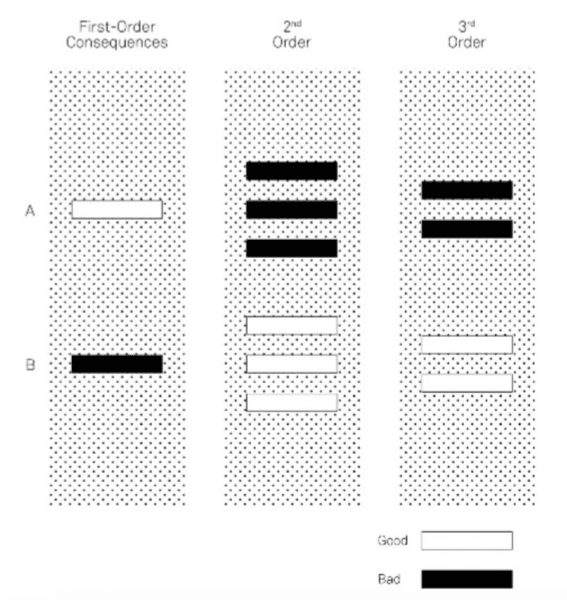The Best Mental Models
At its core, Occam’s Razor is a principle that suggests that when faced with competing explanations for an event or occurrence, you should select the explanation that makes the fewest number of assumptions.
Occam's Razor: The Atomic Mental Model - Sketchy Ideas %
People who learn to extract the key ideas from new material and organize them into a mental model and connect that model to prior knowledge show an advantage in learning complex mastery. A mental model is a mental representation of some external reality.
Henry L. Roediger III • Make It Stick
Mental Models: The Best Way to Make Intelligent Decisions (~100 Models Explained)
Farnam Streetfs.blog


